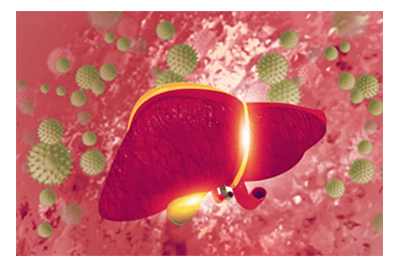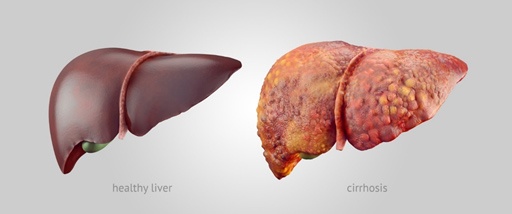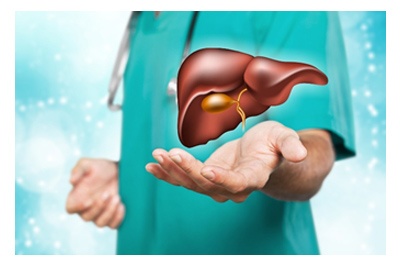Cirrhosis causes and symptoms
 There is sometimes no telling if a person is suffering from cirrhosis. Sometimes, signs may show up like nausea, weight loss, jaundice, etc. Other than consulting with the doctor and performing some medical tests, there is no way of knowing. So what exactly causes cirrhosis? Let’s find out!
There is sometimes no telling if a person is suffering from cirrhosis. Sometimes, signs may show up like nausea, weight loss, jaundice, etc. Other than consulting with the doctor and performing some medical tests, there is no way of knowing. So what exactly causes cirrhosis? Let’s find out!
- Too much of alcohol consumption
- Chronic condition of viral hepatitis B, C and D
- Fat accumulating in the liver (NAFLD)
- Iron build-up in the body
- Cystic fibrosis
- Wilson’s disease, which is accumulation of copper in the liver
- Biliary atresia
- The problem of Alpha-1 antitrypsin deficiency
- Inherited disorders caused by sugar metabolism
- Genetic digestive disorder
- Autoimmune hepatitis
- Syphilis
- Brucellosis
- Certain medications
Out of all these problems, alcohol consumption in excess, being overweight and hepatitis are what majorly what causes cirrhosis. Taking good care of your health is ultimately what you need.
Treatment of Cirrhosis
Your doctor will recommend lifestyle changes and will also provide a prescription which includes beta blockers, anti-viral, antibiotics among other medications. Doing as advised can help you lead a better life. Though, with cirrhosis, the discomfort levels are heightened. Ensuring proper care is only what will get you through the difficult time.
Cirrhosis of the Liver Life Expectancy
The older you get, the chances of survival become lesser. For people over the age of 40, need better care. In all other situations, 9-12 years is what one can expect once cirrhosis develops.
Are there any stages of Cirrhosis of the Liver? What are they?
When we talk about stages in cirrhosis, one should know that they are already very late. The disease has progressed and caused enough damage. Yet, there are 4 stages that one may encounter or be at:
Stage 1: Scarring is present but no complications.
Stage 2: Worsens portal hypertension and varices develops
Stage 3: Advanced liver scarring and swelling of the abdomen. Liver failure is also possible.
Stage 4: Without transplant one can lose their life as they develop end-stage liver disease.


 There is sometimes no telling if a person is suffering from
There is sometimes no telling if a person is suffering from  You may be wondering if there is a specific diet when it comes to dealing with cirrhosis. Well, yes there is. Making slight lifestyle amends can go a long way. It won’t cure the disease, but will definitely make life better for you. Here is what you should consider eating.
You may be wondering if there is a specific diet when it comes to dealing with cirrhosis. Well, yes there is. Making slight lifestyle amends can go a long way. It won’t cure the disease, but will definitely make life better for you. Here is what you should consider eating.